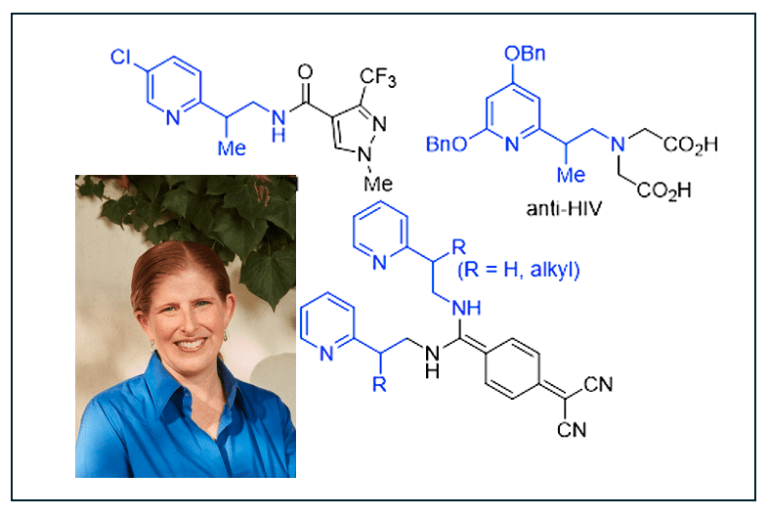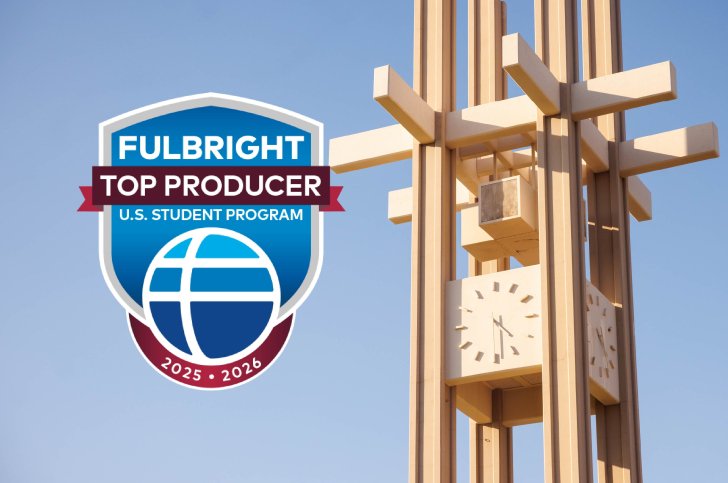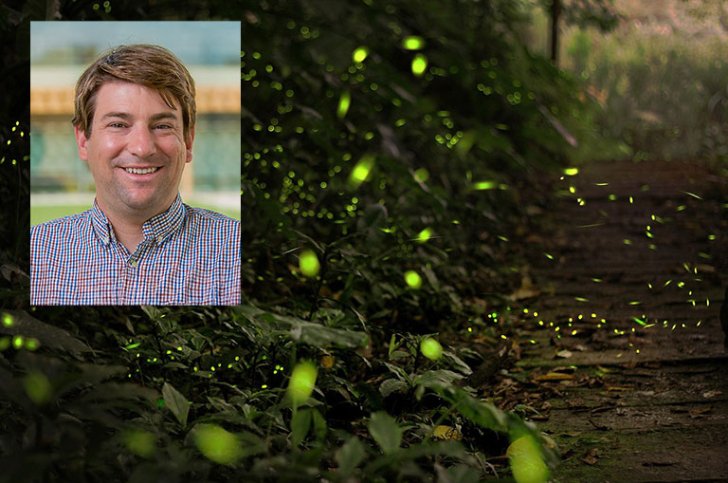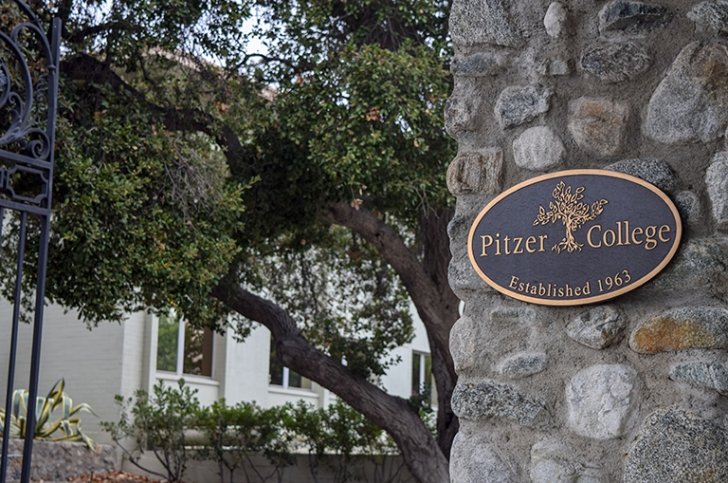Innovating in Chemistry: Wenzel Lab Awarded $250,000 NSF Grant
The award will support several student researchers in a project aimed at unlocking inexpensive ways to develop critically important chemical compounds

Professor of Chemistry Anna Wenzel has been awarded a $250,000 grant from the National Science Foundation (NSF) to explore the catalytic formation of compounds that are crucial for industries ranging from pharmaceuticals to agriculture. The three-year grant will support her project, “Leveraging Coinage Metals for Carbon-Nitrogen and Carbon-Phosphorus Bond Formation.”
At the heart of Wenzel’s research are what are called transition metals—special elements that act like catalysts in chemical reactions—and how they are used to produce important compounds called alkenes and amines.
Why is this important? Amines, for example, are in high demand. In her NSF proposal, Wenzel wrote that their global market is projected to reach nearly $27 billion by 2030, with uses spanning everything from pain relievers and plastics to nylon and herbicides. Wenzel’s project will explore how to develop safer, more reliable, and economical ways of producing these compounds that could have a big impact on products that people use every day.
A member of the Pitzer-Scripps Department of Natural Sciences (formerly Keck Science Department) since 2006, Wenzel has long been interested in catalysis, which is her specialization. “I aspire to learn from nature to design processes that address unsolved problems in chemistry,” she said. “In many cases, I borrow principles from natural systems and adapt them to the laboratory.”
But for Wenzel, the impact of her current NSF-funded project goes far beyond its results. She emphasized the project’s focus on student involvement, noting that the project will support hands-on STEM training for undergraduate researchers from Pitzer and Scripps Colleges. “NSF is pivotal for funding fundamental academic research like this,” she said, adding that the NSF prioritizes the promotion of the sciences among students.
Since she first began mentoring undergraduate researchers 14 years ago, Wenzel has worked with 83 students, noting proudly that many have gone on to pursue “doctoral studies in competitive chemistry graduate programs at top-ranked universities or been accepted to top medical schools.”
Looking ahead, Wenzel said she hopes the results of this project over the next three years will build on previous work that has been conducted in the lab by her undergraduate teams.
“Significant work was done last summer by students in my lab to demonstrate proof-of-concept to support this funded proposal,” Wenzel said.
- For more on the work of Anna Wenzel and her student researchers, visit the Wenzel Group Homepage
News Information
Published
Organization
- Department of Natural Sciences


